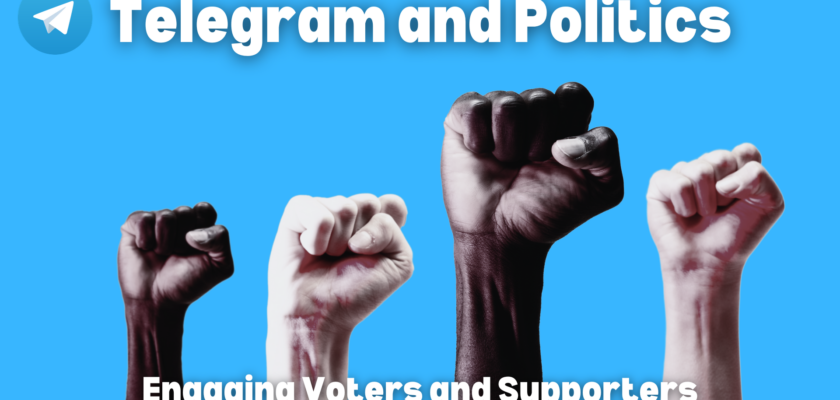In the age of digital communication, messaging platforms have become essential tools for political engagement, enabling politicians, parties, and activists to connect with voters, mobilize support, and advocate for their causes. Among these platforms,
Telegram stands out as a dynamic hub that empowers political actors to engage with their audience, foster meaningful connections, and drive their agendas forward. In this article, we’ll explore how Telegram plays a pivotal role in shaping political discourse,
enabling effective voter engagement, and facilitating communication between political leaders and their supporters.
Telegram and Politics: A Bridge to Engaged Citizenship
Telegram’s multifaceted capabilities make it an ideal platform for political actors to engage with supporters, share information, and rally voter enthusiasm around key issues.
Direct Communication Channels
Direct Messaging: Telegram enables political leaders to engage directly with constituents, creating a sense of personal connection that resonates with voters.
Group Interactions: Telegram groups allow politicians to foster online communities where supporters can engage in discussions, share insights, and rally around shared goals.
Real-Time Engagement
Instant Updates: Political actors can use Telegram to share real-time updates on campaign events, policy announcements, and breaking news, ensuring supporters are well-informed.
Mobilizing Actions: Telegram’s instant messaging capabilities enable rapid mobilization of supporters for rallies, protests, fundraisers, and other advocacy efforts.
Issue Advocacy
Educational Campaigns: Political groups on Telegram can disseminate educational materials, infographics, and fact-based content to inform supporters about key policy issues.
Policy Discussions: Telegram serves as a platform for hosting discussions on policy proposals, allowing constituents to share their perspectives and provide input.
Campaign Fundraising and Donations
Call-to-Action Campaigns: Political campaigns can use Telegram to launch fundraising initiatives, encouraging supporters to contribute financially to their causes.
Donation Channels: Telegram’s secure payment features allow for streamlined donation processes, ensuring financial transactions are convenient and trustworthy.
Polls and Surveys
Collecting Feedback: Telegram’s polling feature facilitates the collection of feedback from supporters, allowing political actors to gauge public opinion on various topics.
Crowdsourcing Ideas: Political groups can use polls to crowdsource ideas and suggestions from their followers, fostering a sense of inclusivity and collaboration.
Crisis Management and Information Dissemination
Emergency Updates: In times of crisis or emergencies, political leaders can use Telegram to share vital information, safety instructions, and reassurances with the public.
Fact-Checking: Telegram’s platform can be utilized to dispel misinformation and provide accurate information, ensuring that supporters are well-informed.
Candidate-constituent Interaction
Virtual Town Halls: Political leaders can organize virtual town hall meetings on Telegram, allowing constituents to directly ask questions and receive responses.
Transparent Governance: Telegram serves as a platform for political leaders to provide updates on legislative processes, policy decisions, and administrative matters.
Global Advocacy
International Reach: Telegram’s global user base enables political actors to connect with supporters beyond geographical boundaries, expanding their reach.
Solidarity Initiatives: Politicians can use Telegram to express solidarity with global movements and advocate for causes that align with their values.
Telegram’s role in politics extends beyond a simple messaging platform—it’s a dynamic tool that empowers political leaders, parties, and activists to effectively engage with voters, mobilize support, and advocate for meaningful change.
As the world becomes increasingly interconnected, Telegram offers a virtual space where political discourse can flourish, ideas can be shared, and citizens can actively participate in the democratic process. By harnessing the platform’s capabilities, political actors can foster a more engaged and informed citizenry, leading to a more transparent and inclusive political landscape.


